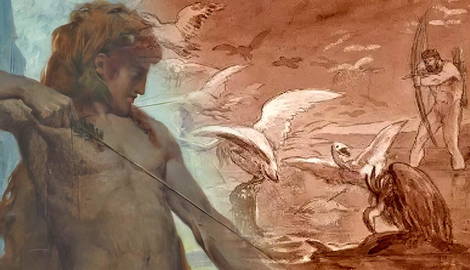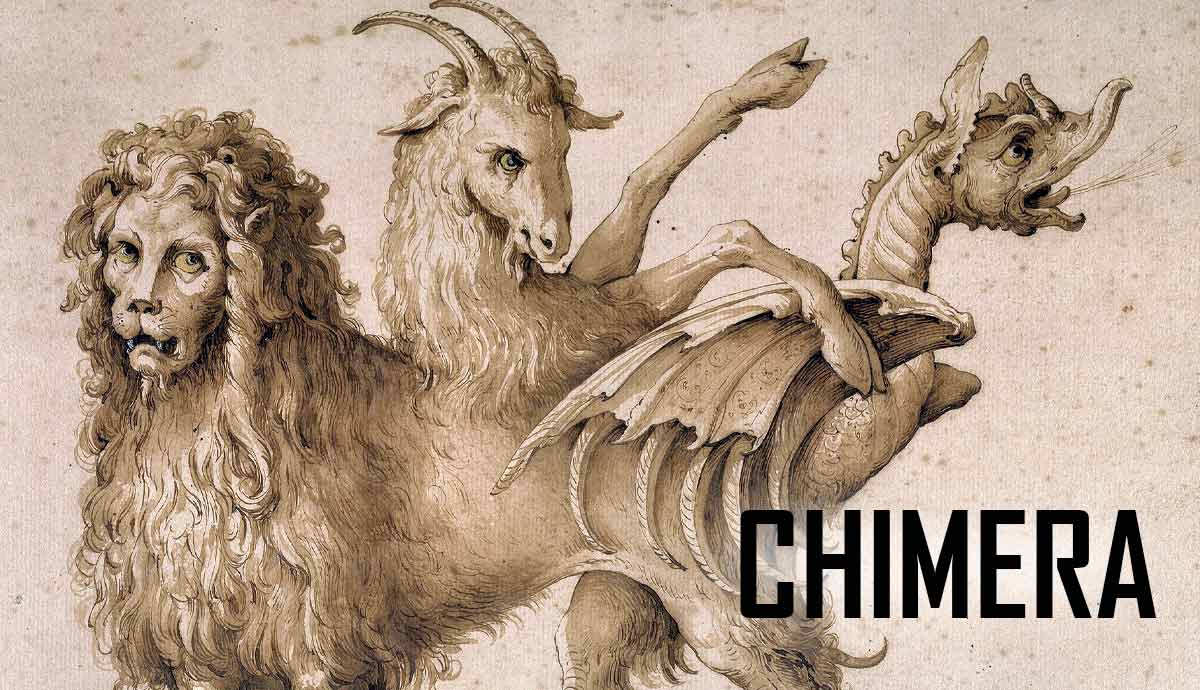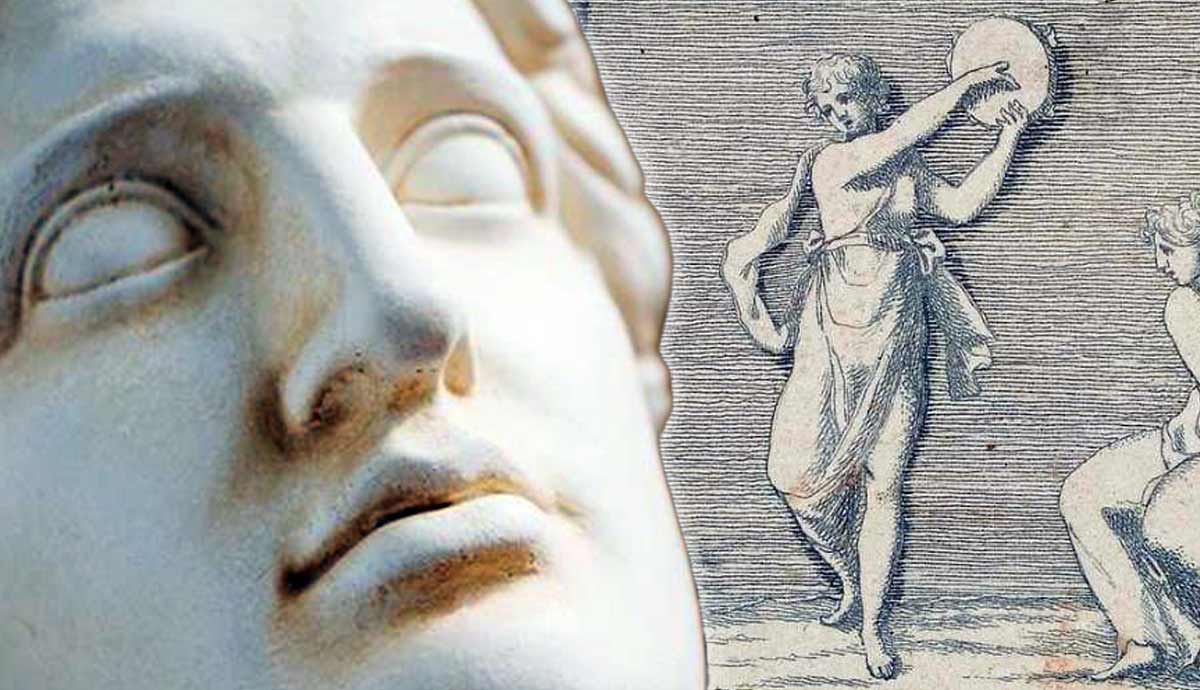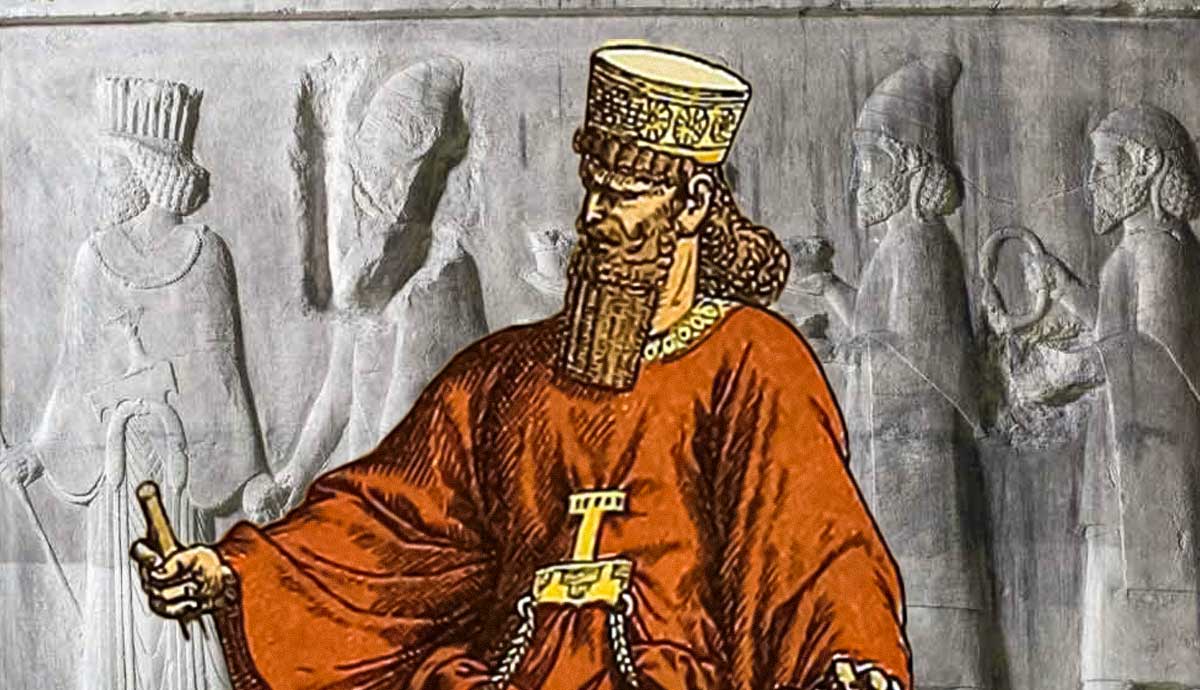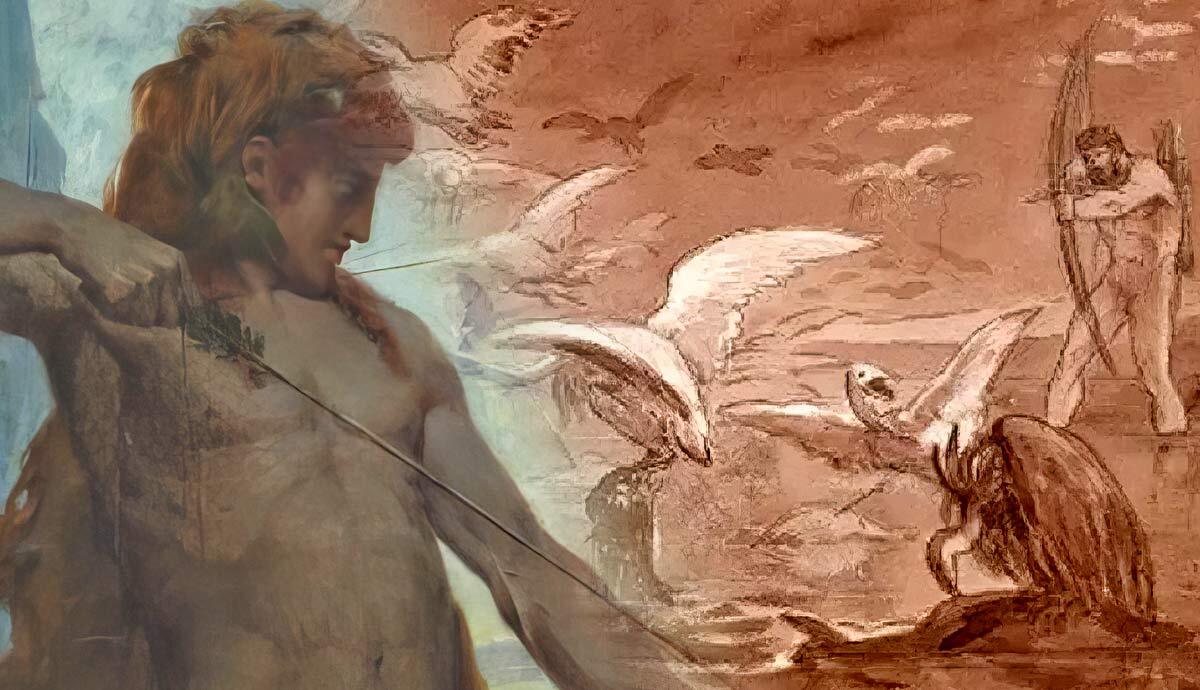
King Eurystheus ordered Heracles to eliminate the human-eating flock of Stymphalian birds for his sixth labor. These birds were sacred to the god of war and were known for their ferocity. They numbered in the thousands and had armor-piercing bronze beaks and metallic feathers. Protected by an inhospitable swamp, eliminating all of them seemed impossible. Even Heracles would have failed if not for the help of a friend and a little music. Keep reading to discover who helped Heracles and how he eradicated the menacing Stymphalian birds.
Quantity Over Quality

The sixth labor of Heracles was a turning point in his journey of redemption. Initially, Eurystheus set Heracles ten seemingly impossible tasks to be completed unaided, without complaint, and with no reward. However, the number of challenges rose to eleven after Heracles’s nephew and squire, Iolaus, assisted in defeating the Hydra during his second labor. Finally, a twelfth labor was added when Heracles sought payment from King Augeas for his fifth labor.
Each new task assigned to Heracles was designed to surpass the previous one, posing a threat to the hero and potentially leading to his downfall. King Eurystheus and Hera had given Heracles challenges that were intended to be too deadly or too complex to overcome. Yet, Heracles had defied the odds and emerged victorious. Now, Eurystheus and Hera devised a new challenge distinct from the previous ones. It was not about the quality of the labor but the sheer quantity. Heracles was now tasked with eradicating thousands of human-eating Stymphalian birds, a unique and dangerous species that resided in and around Stymphalian Lake in Arcadia.
What Were the Stymphalian Birds?

The Stymphalian birds, also known as the winged menace of Heracles in Roman mythology, are shrouded in mystery. Their origins are uncertain, but they were not the offspring of divine gods or deadly mythical monsters. Some believe they were descended from monstrous birds that once wreaked havoc across the ancient world.
Some accounts claim that the birds migrated to Lake Stymphalia to escape a pack of wolves. The ancient travel writer and geographer Pausanias claimed that the birds migrated to Lake Stymphalia from the Arabian Peninsula, where they were similarly known for their aggressive behavior. The gods did not create the Stymphalian birds, but they were considered sacred to Ares, the god of war. Some accounts also suggest that they were sacred pets of Artemis rather than belonging to her warmongering half-brother. However, the temperament and figure of the Stymphalian birds align more with Ares’s violent and warlike tendencies than Artemis’s.
The task of eradicating a large flock of birds, even one numbering in the many thousands, may seem tedious but not impossible for a hero like Heracles. Nevertheless, the Stymphalian birds were unnatural creatures beloved by the god of war, and they emulated their patron’s ferocity and bloodlust, making them a daunting challenge for Heracles.

The Stymphalian birds were not your average small sparrows; they were as large as cranes, with razor-sharp talons, metallic feathers, and elongated bronze beaks resembling ibises. Their beaks were so sharp that they could pierce through the most formidable armor, earning them the nickname the “bronze birds.”
These avian predators were nearly invincible due to their impenetrable metallic feathers. They could even launch their metallic feathers like arrows at any intruder who dared to enter their territory in the marshlands of Lake Stymphalia. These carnivorous birds enjoyed terrorizing and hunting down any creature that crossed their path. Still, they particularly relished the taste of human flesh.
The Stymphalian birds were fearsome predators, and their metallic features were not the only things that made Heracles’s mission to eliminate them difficult. Their behavior was chaotic and unpredictable. They would randomly attack passing travelers or even entire settlements with no discernible cause or reason. Moreover, the birds never acted alone. In a manner that would likely make their patron god, Ares, proud, the flock functioned like an organized army, strategically coordinating their attacks to maximize devastation with their large numbers.
The habitat of Stymphalian birds, the swampy marshlands of Lake Stymphalia, was harsh. The stagnant, muddy waters made travel arduous, providing the birds an advantage in catching prey. This, coupled with the birds’ aggressive and organized hunting behavior, created an ecosystem where they could thrive and multiply without competition.
The Swamp

When Heracles arrived at Lake Stymphalia, he faced his first and possibly biggest challenge in dealing with the bronze birds. The daunting task of traversing the sulfuric marshy swamp lands around the lake to reach the birds’ nesting site lay ahead. The landscape proved treacherous as the swamp-muddy ground was too soft to support his hulking frame. As Heracles began his journey into the marshes, every step proved to be a struggle as he slowly but surely sank into the muck.
After a long and arduous hour of wading through the eerily quiet and foul-smelling swamp, Heracles was submerged to his shoulders in the mud. He had heard tales of the bloodthirsty flock’s uncanny and strategic hunting abilities and was well aware that wading neck-deep in swamp muck made him the perfect target.
With this in mind, the hero decided to retreat to the safety of firm ground and devise a plan. It seemed to Heracles that taking the fight to the Stymphalian birds was out of the question, so the hero had to devise a way to bring the birds to him.
Help From a Friend

Heracles spent hours devising a strategy to lure the Stymphalian birds out of their nests hidden within the swampy marshes. Yet, no matter how Heracles looked at the problem, he could find no solution which did not result in him getting trapped in the stagnant swamp mud. As Heracles began to doubt whether he could lure the winged menaces out of their swampy fortress, he heard a rustling noise just beyond his campfire, and a moonlit figure emerged from the darkness.
Athena, the goddess of wisdom and patron of heroes throughout Greek myth, appeared before Heracles. Heracles immediately knelt before his half-sister in reverence. Indeed, out of all the Olympians, none was more sacred to Heracles than Athena. The hero was no fool and held no assumptions that he alone was the cause for his continual success, not only regarding his labors but throughout his life.
Just as Hera had been guiding King Eurystheus in devising the nasty trials for Heracles, Athena had been subtly guiding Heracles in defying their stepmother. From the moment Hera had first turned her wrath onto Heracles, Athena had noticed and had begun preparations to ensure her half-brother’s survival. It was the goddess of wisdom herself who had tricked Hera into breastfeeding the infant Heracles, granting the hero supernatural strength and endurance.

Since Heracles had begun his labors, Athena had subtly helped when she could. She appeared before Heracles during his first labor and showed him how to skin the impenetrable fur of the Nemean lion. The grey-eyed goddess proved critical to Heracles’s success in his second labor; she whispered the plan to defeat the Hydra to Iolaus and gifted Heracles the golden sword needed to cut off the Hydra’s immortal head.
However, Athene’s motives and decisions regarding when to come to Heracles’s aid remain a mystery. The goddess did not assist the hero during his yearlong pursuit of the Ceryneian Hind or intervene in his negotiations with Artemis. Additionally, Athena did not guide Heracles’s hunt for the Erymanthian boar or attempt to prevent Heracles from making a misguided deal with King Augeas.
One could speculate that the fates guided Athena’s actions, determining when and where she would intervene for heroes like Heracles. Had she interfered in his encounter with the centaurs, for instance, it could have drastically altered the course of Heracles’s later life and ultimate death. Nevertheless, the goddess appeared before Heracles, presenting him with a peculiar gift that would prove crucial in his triumph over the army of Stymphalian birds.
Making a Racket

Much to Heracles’s surprise, Athena’s gift was not a powerful weapon but a crotalum. A crotalum was a percussion musical instrument consisting of finger cymbals used by musicians, especially in religious dancing rituals. Clapping the crotalum produced a noise similar to a crane’s bill. The instrument was forged by Hephaestus, the god of the forge and fire, at Athena’s request.
Heracles felt gratitude and confusion as he held the cymbals Athena had given him. He could not fathom how such a simple instrument could aid him in his current predicament. Still, Heracles trusted the wisdom of his half-sister and followed her command to climb the steep slopes of the nearby mountain. Athena had assured him that these cymbals, crafted by Hephaestus, possessed magical properties that would amplify their sound to reach even the most distant corners of the land.

Reaching the mountain peak, Heracles gazed down at the sprawling, marshy expanse of Lake Stymphalia. With a deep breath, he began to play the cymbals, each strike sending reverberations echoing through the air. Heracles famously struggled with the musical arts. In his youth, he became so frustrated while learning music that he killed his music teacher.
Despite his struggles with music, he found himself ideally suited to the task at hand. The booming, rattling noise filled the air, causing the ground beneath him to tremble. As the sound waves rippled across the lake, Heracles trusted the cacophony would draw the elusive Stymphalian birds out of hiding in their sanctuary within the marshlands.

Within moments, Heracles saw a black mass rise from the swampy trees that enclosed the lake. The mass was the flock of Stymphalian birds, all taking flight to escape Heracles’s thunderous symphony. With a swift motion, Heracles cast aside the crotalum, drew his bow, and unleashed a volley of arrows at the chaotic flock. As the deafening sound faded, the birds scattered in every direction, seeking refuge in their nests along the swampy lakeshore and desperately evading Heracles’s relentless onslaught.
As the flock retreated to their nests, Heracles switched back to the crotalum and began playing another earth-trembling rhythmic beat to force them back out of their swampy fortress. Heracles fluctuated over the next few days between his deafening musical performance and firing arrows at the army of bronze birds. The Stymphalian birds numbered in the thousands, and shooting them out of the sky proved tedious and lengthy. The only times Heracles broke from his orchestral attack was when he needed to fletch new arrows.

After a long struggle, Heracles eliminated the winged menace that had wreaked havoc on the people living near Lake Stymphalia. Most of the birds were killed by Heracles’ during his violent symphony. However, a few hundred birds decided to flee the chaotic cacophony and migrate, never to return. This group of birds flew to the island of Aretias, where they continued to cause chaos until the Argonauts finally defeated them a few years later.
After successfully eliminating the birds, Heracles thanked Athena for her assistance and began his journey back to Tiryns to meet King Eurystheus. The King was surprised by Heracles’s quick return, as he had expected Heracles to spend months or even years futilely hunting the flock of birds before eventually succumbing to their ferocity and sheer numbers. However, Heracles returned within a few weeks. Heracles wisely kept his newfound musical talent and help from Athena a secret from the King. Annoyed at Heracles’ continued success, King Eurystheus assigned the hero his seventh labor: capturing the Cretan Bull.
